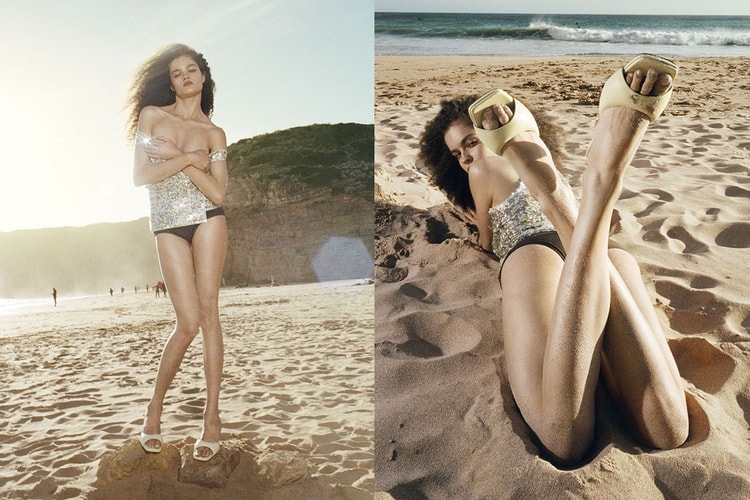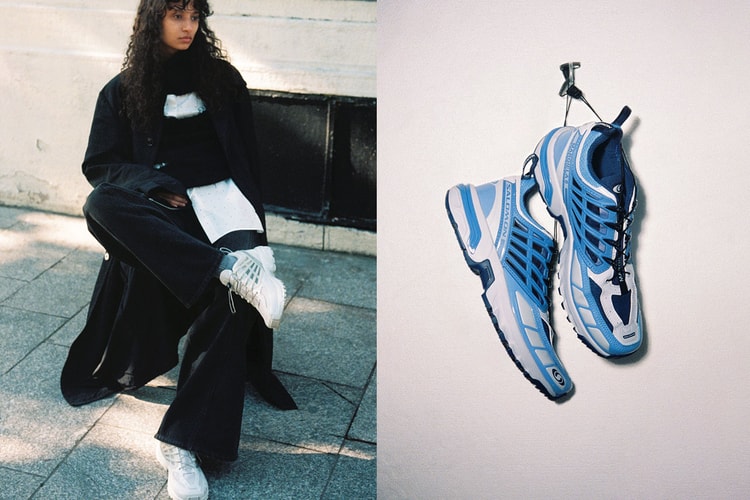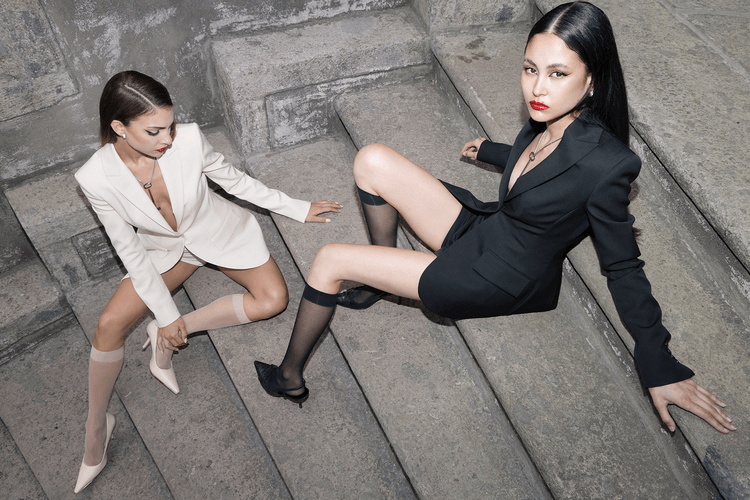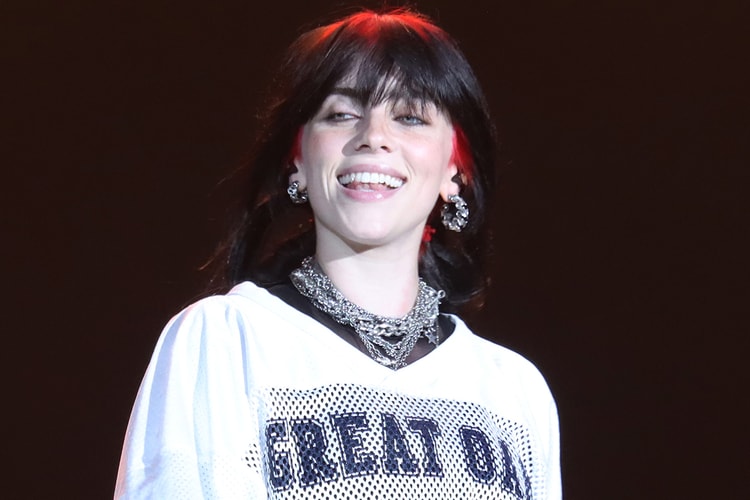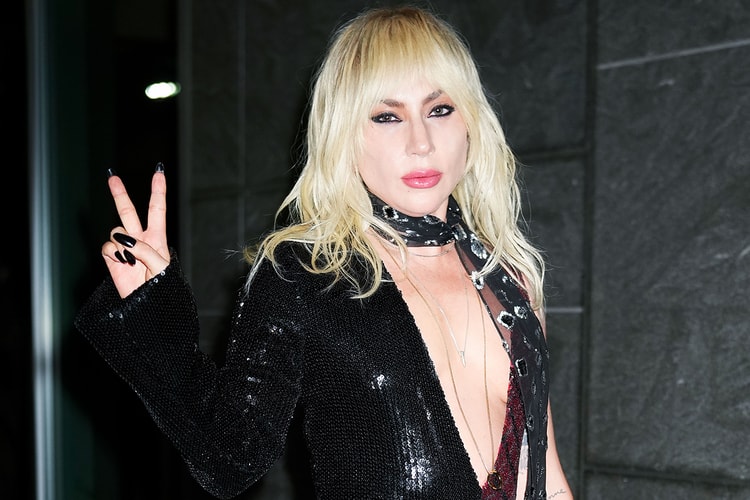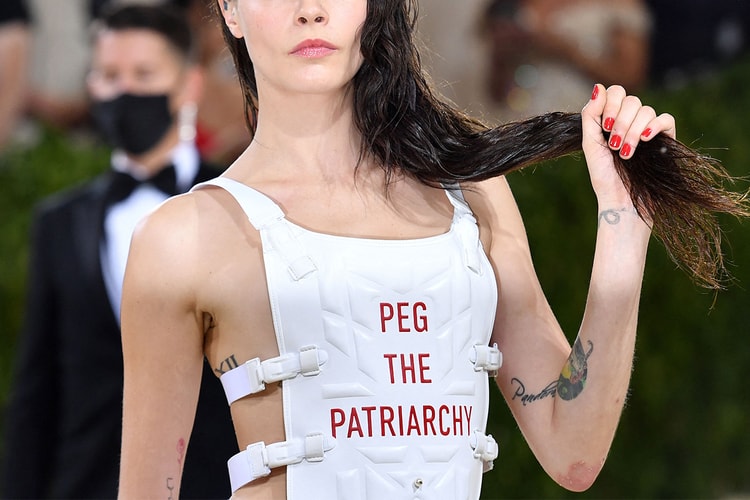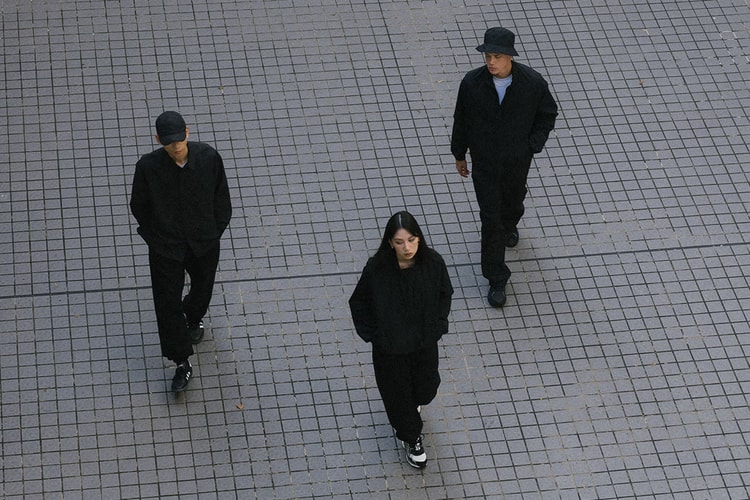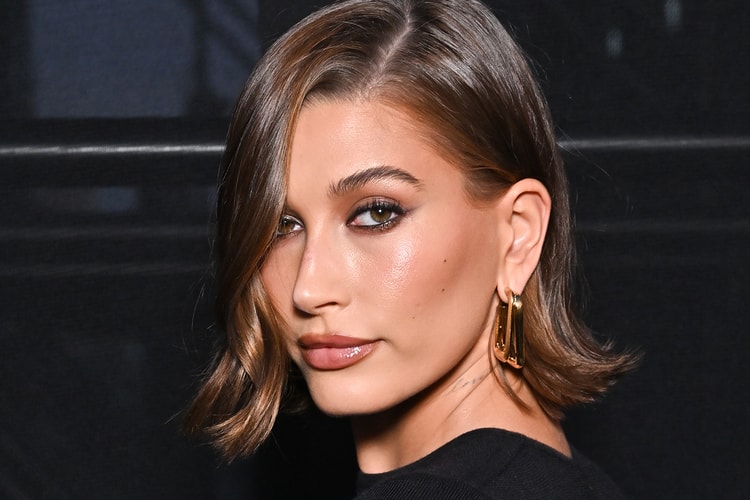
Hypebae Sits Down With Kimora Lee Simmons
The Y2K queen shares how she built her empire.
There is no brand that embodies Y2K as much as Baby Phat. Founded in 1999, the first It girl brand became iconic not only because of its classic track suits, but because of its designer — Kimora Lee Simmons.
The model turned mogul blazed a trail of her own, merging music and fashion into its high-octane runway shows, creating her own signature shade of pink and dressing generations to come. Baby Phat is special because of its devoted community. Whether its the confident woman on the go, the busy yet well-dressed working mother or the emerging young creative, the brand represents all women at all stages of their lives. Both Simmons and Baby Phat’s ability to evolve demonstrates the power of its customers. “At the core, I create for my culture. I do it for the culture, but I’m also with them and they’re with me,” Simmons attests.
As Kimora Lee Simmons assumes her seat on Baby Phat’s throne, Hypebae wanted to speak with the queen of early aughts couture on creating a legacy brand, Baby Phat’s impact on the culture and what’s in store for the future.
Continue scrolling to read more.

Baby Phat was originally founded in 1999 and it is still one of the most iconic brands 24 years later. Why do you think Baby Phat has such a cult following and has had such a vast cultural impact?
Life is cyclical and fashion often repeats itself, but I’ve never seen it in such an impactful way as it has been with Baby Phat. I think it’s just been such an explosion of late ’90s and Y2K fashion and shows how Baby Phat is a generational brand. I think of some of my friends in the business that have legacy brands that I love like Tommy Hilfiger. Not everybody can say that they have a brand that’s still been around for 20 years that isn’t a streetwear brand where you have faces that look like myself and Aoki that are visible parts of the culture.
Looking at the beginning of Baby Phat, I was at the dawn of the age of influencers and lifestyle brands. The brand was about music as well as fashion and helping those acts harness their power. For us, it was a means of culturally connecting with people.
When you first started Baby Phat, who did you have in mind when creating your designs?
I’m designing for my cultural landscape. It’s my tribe of people. At this point, I feel like everyone’s mom, so my tribe includes young men and women that I see all around me that are interlaced into the fabric that make up our culture and everyday lives. Specifically, it’s for the woman on the go who is multifaceted. She’s beautiful, badass, sexy and fabulous. It’s a woman whose independence is on another level, it’s an ownership and an authorship of her being. It’s for the working moms who are very much a part of our community, but it’s also for young working people who are putting their lives together and throwing things up against the wall and seeing what sticks. With a company that’s over 20 years old, there are people who take Baby Phat with them on their journey. We’ve grown up together.

How has the quintessential Baby Phat girl evolved, especially as the brand garners newer and younger fans?
I think the girl has evolved because she is me. Having started at the height of the Y2K era, my graduating class is Nikki Hilton and Beyoncé. She’s grown up and has gone along her journey. Sometimes, she has a family. There is a whole new crop of the younger generation, but they’re younger, working girls. They want to be cute. They put themselves together, they keep themselves together. Self-care is important to the Baby Phat girl, so they spend what they have on things to make themselves look good. At the core, I create for my culture. I do it for the culture, but I’m also with them and they’re with me.
What led you to repurchasing the brand in 2019?
I think it was just the perfect time to bring it back home and see what I could do. It’s always been something that’s been close to my heart and with my family. I wanted to be able to pick her up and breathe new life into her again. It was also a difficult time because it was right around the pandemic. There were a lot of shutdowns and anxiety in general, but I felt like it was the right time to recreate the brand. There were some challenges, but it’s been a steady climb. I’m so humbled and grateful for the love people have for Baby Phat. It’s also been 50 years of hip hop and I’m excited about how Baby Phat has played a part into the music landscape. It’s been a serendipitous time overall.

What do you envision for Baby Phat’s evolution, what can we expect to see in the future?
It’ll be a gradual movement from the classic styles, like the iconic tracksuit and denim pieces. In the first drop, it’s more classic Baby Phat, delivering some of my greatest hits, then introducing more exclusive, high fashion pieces. I’d like to get back to being on the runway. I think that was a very exciting time for us. We were one of the first and one of the very best to do it every single fashion week, so I’d love to do it again.
Many of Baby Phat’s fans today were kids during the early years begging our parents to buy the brand for us. As the new generation of young women reclaim our femininity for ourselves, how does Baby Phat allow us to step into our womanhood boldly and unapologetically?
It’s a cultural movement, it’s a social shift. I’m not the only one ever to develop a special shade of pink, but I’m among the very first. We have our own Baby Phat Pantone pink. It goes from the girls who grew up with me and created a new generation. It’s definitely a movement of empowerment and fearlessness.
We all have responsibilities and problems, but there’s also a sense of resilience and how we’ve been able to rebound and get ourselves through it not only as a society, but as a group of women of all ages. I look at what I’ve been through as someone who’s been married three times, who has five kids — I have a kingdom because I’ve picked myself up. Baby Phat embodies how we persevere, recreate and reinvent ourselves.















